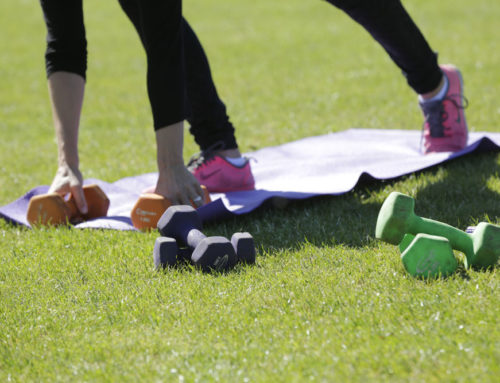People with a mental illness, like everyone else can benefit from regular exercise. The good news is you don’t have to train like an elite athlete to make gains. Exercise may ease the symptoms of mild depression and anxiety, according to research, and it will help those striving to lose weight and reduce high blood pressure. Improved fitness often boosts self-esteem, results in better sleep as long as it’s not done too close to bedtime and helps make you an active participant in your recovery.
However, when someone is depressed it can be very difficult to find the motivation to get out of bed or off the couch. In this case, just start gently. A walk around the block is a good beginning, especially if done with someone else as this helps break social isolation and exposes you to sunshine. Then, slowly build up.
The Federal Government, in its National Physical Activity Guidelines for Australians, recommends a minimum of 30 minutes of moderate intensity exercise on most, preferably all, days of the week. This will improve blood pressure, blood cholesterol and weight.
Moderate intensity includes brisk walking where there is a slight increase in breathing and heart rates. You can break the 30 minutes down into 10 minute sessions and activities like playing actively with children, taking the stairs, cycling, dancing and mowing the lawn all qualify as moderately intense.
If you have done little exercise before, smoke, are overweight or have heart disease or another chronic health problem you should talk to your doctor before starting a vigorous exercise program.
For more information visit:
In the following video a doctor asks “What is the single best thing we can do for our health” in a new way. This video talks about the health benefits of just 30 minutes walking a day, including weight loss benefits, heart health benefits and quality of life.





Leave A Comment